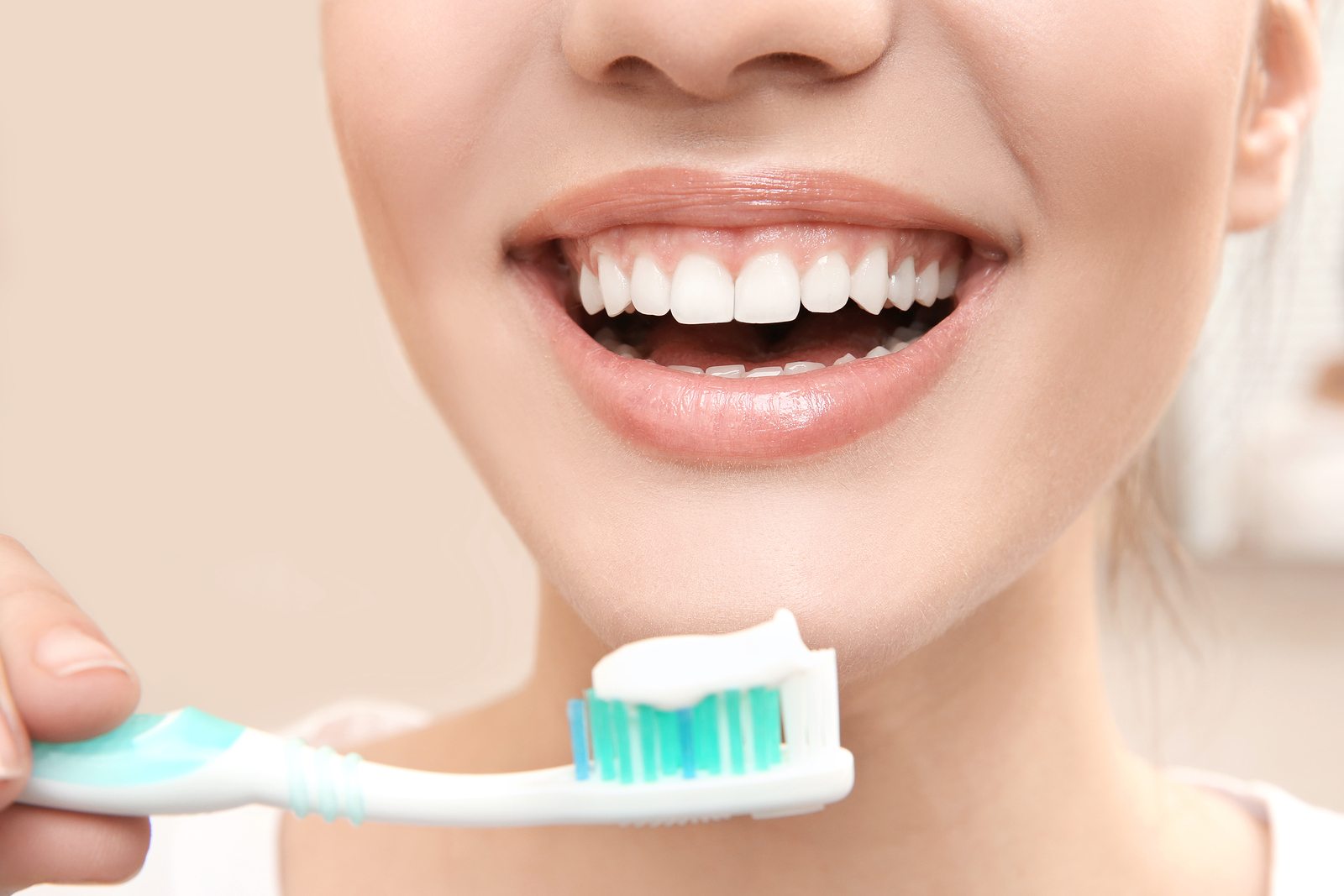What are the causes of gum disease?
Prevent gum disease today
The cause of periodontal disease or gum disease is the build-up of plaque. Plaque is a film of bacteria that collects on the smooth surface of teeth and on the gums. Food debris adheres to plaque and the resultant paste of saliva and food remnants attracts more micro-organisms which feed and multiply on it.
Tartar (calculus) plays only a passive mechanical role in periodontal disease/gum disease. Its rough surface and ledges create food traps which are inaccessible to a toothbrush and thus allow even more food debris to fertilise the plaque.
The active role in periodontal disease/gum disease belongs to plaque micro-organisms. This description shows that supragingival plaque and calculus are associated with poor oral hygiene. If teeth are cleaned properly plaque and calculus are less able to accumulate. But if they are allowed to do so they spread subgingivally and become inaccessible to tooth brushing.
Plaque can also form as a result of poor dental treatment, for example:
- Fillings or crowns which have an overhanging edge at their cervical margin
- Fillings or crowns with loose contact points
- Ill-fitting or poorly designed partial dentures
These defects are food traps which patients cannot keep clean. Plaque and calculus proliferate there and periodontal disease follows at these sites even though the rest of the mouth may be perfectly healthy.
Food stagnation also occurs on unopposed and irregular teeth with consequent liability to gum disease as well as tooth decay.
Various factors can worsen gum disease they are not in themselves causes of periodontal disease, these include:
- Breathing through the mouth
- Teeth grinding
- Problems with chewing
- Smoking
- Changes in the hormone chemistry of the body
